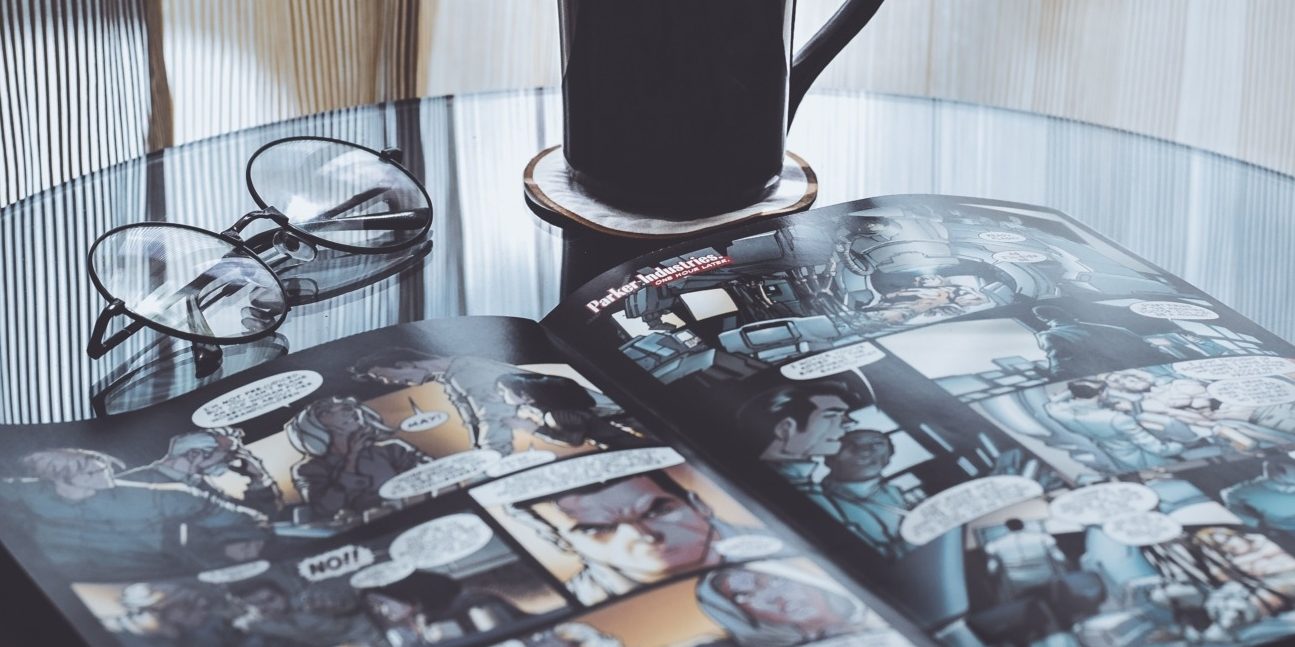Why are the Marvel comic books struggling?
As I write this piece, it has just been announced that Avengers: Endgame has passed Avatar to become the most successful film of all time. Since the MCU’s emergence in 2008 with Iron Man, Marvel has dominated the cinema screens and become the cultural force of our time. So, given this success, you’d expect that the comics side of the business would be doing well too – but you’d be quite wrong. Earlier this year, Disney confirmed a drop in comic sales, a continuation of a downwards trend. So why are comics struggling when superheroes have never been more popular?
The major issue is that there’s so much to choose from, and it’s hard to know where to get started. There are limited series and constant reboots – there’s a new big comic event every couple of months, leading to fatigue, and the fair observation that these issues are just cash grabs. If a series restarts all the time, why would I invest in it? This is reinforced by the fact that prices keep rising, too. One solution is anthology collections, but there could be as many as thirty for an individual character on the bookshelf at any one time – how does the general reader know which story is good?
It’s true that the internet is helping them out lots, but brick and mortar sales are well down
In the older days, you could turn up at a comic book shop and ask for advice, but now they’re struggling. There isn’t a huge degree of profit in comics anyway, and there have been dozens of reported closures this year. According to comic artist Lisa Wood, “superheroes have never been more in the public eye, but people don’t emerge from the latest Marvel movie and head to the comic shop”. It’s true that the internet is helping them out lots, but brick and mortar sales are well down.
A lot of classic characters actually had their identities changed in the comics around the time that the MCU films were coming out – so, if you picked up an Iron Man comic and wanted to read a Tony Stark story, you’d be out of luck. Instead, you’d be stuck with the teenaged Riri Williams, in a much-derided run. Similarly, Captain America became Sam Wilson, Thor became a woman, Spider-Man became Miles Morales – that’s not to say that these comics aren’t any good, just that they’re not the stories that most people want to read. It’s the throwback comics – the ones that most resemble the movies – that are doing most of the heavy lifting, not these new issues.
Arguably, Marvel is a business and it will only push diversity for so long if it doesn’t prove to make a profit
This also links, as ever, to the case of introducing progressivism into the comics – to borrow a phrase, get woke, go broke. After much criticism a few years back, Marvel writers announced that they were moving away from “heavy-handed politics” because they were struggling in relation to DC. They also made a big deal of introducing the first Muslim superhero, Ms Marvel, and turning Iceman gay, and introducing a genius young African-American hero in Moon Girl. All of these moves received widespread critical acclaim, but the majority of people who cheerleaded it didn’t then buy the comics. Arguably, Marvel is a business, and it will only push diversity for so long if it doesn’t prove to make a profit.
So, what can be done to help save Marvel comics? According to Bob Layton, an Iron Man writer, it may not be worth trying to save the industry. He predicts that Disney and Warner Bros (which controls DC) will eventually leave comic book publishing behind completely. He cites Mickey Mouse as there used to be Mickey comics, until they became unsustainable as his film career bloomed. Or perhaps digital media holds the solution: there’s Marvel Unlimited, which offers a subscription service for digital comics, which is likely to play an increased role in any future Marvel promotion.
An obvious stance seems to be catering to the fans more, as DC has done: they’ve pushed fanservice, particularly through their ‘Rebirth’ series, and it’s been paying off for them. Marvel should focus on their core audience primarily, and maybe attempt to link the comics with the films more. Marvel initially began as a comic business – it would be a huge shame if that origin story was forgotten.

Comments